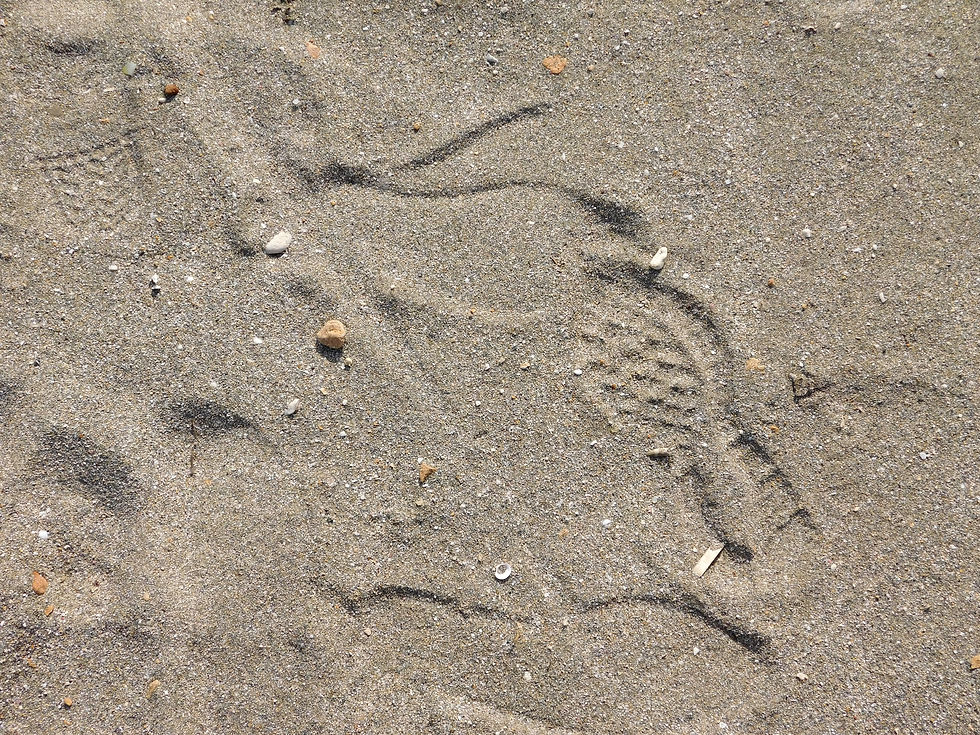Suicide and Death Investigation by a Private Investigator
- Bill Ferguson
- Sep 20, 2024
- 3 min read
In the unfortunate event of a sudden or suspicious death, determining whether the cause was suicide, homicide, or accidental is a complex process. While law enforcement agencies are typically responsible for these investigations, private investigators (PIs) can play a critical role in providing additional insight and ensuring that no detail goes unnoticed. When family members or loved ones seek further clarity or are unsatisfied with official conclusions, they often turn to private investigators for suicide and death investigations.
The Role of a Private Investigator in Death Investigations
Private investigators bring a wealth of experience, specialized skills, and objectivity to death investigations. Unlike law enforcement, who may be constrained by limited time or resources, a private investigator is dedicated to pursuing every possible lead on behalf of the client. They often work alongside forensic experts, medical examiners, and law enforcement to review all available evidence.
The core objective of a private investigator in such cases is to gather independent evidence that either confirms or challenges the findings of an official investigation. This can include re-interviewing witnesses, analyzing forensic data, and reconstructing the events leading to the death. By working independently, PIs can focus on details that may have been overlooked in the initial investigation, providing the victim's family with a clearer understanding of what happened.

Steps Involved in a Suicide or Death Investigation
Reviewing the Scene and Evidence One of the first steps in a suicide or death investigation is to thoroughly examine the scene and available evidence. A private investigator will often visit the location of the death to review photographs, police reports, and forensic findings. In cases where law enforcement has already processed the scene, the PI will examine the chain of evidence, looking for inconsistencies, missing details, or anything that may not have been properly analyzed.
Interviews and Witness Statements Speaking with family members, friends, coworkers, or anyone who was in contact with the deceased is a crucial part of a private investigator’s process. Witnesses may provide critical information about the victim’s state of mind, personal conflicts, or suspicious activities before their death. PIs are trained in interview techniques that encourage honesty and detail, helping to uncover key information that may not have been initially disclosed to law enforcement.
Analyzing Forensic Evidence Private investigators often work with forensic specialists to re-examine evidence, such as toxicology reports, autopsies, or DNA analysis. They may also seek out independent experts to review findings or conduct additional tests. For example, in the case of a suicide by overdose, an investigator might look deeper into medical records and prescription history to confirm whether the victim’s actions align with the possibility of intentional self-harm.
Reconstructing the Events A private investigator will use all collected evidence to piece together a timeline of events leading up to the death. They might employ techniques like accident reconstruction or forensic analysis to clarify whether the death was accidental, self-inflicted, or caused by another party. This is particularly important in cases where the official investigation has left questions unanswered, or when a homicide may have been incorrectly labeled as suicide.

Why Hire a Private Investigator for Suicide and Death Investigations?
Families dealing with the loss of a loved one are often left with unresolved questions. In cases of suicide, there can be doubts about whether the individual was truly intent on taking their own life, or if external factors were involved. Similarly, an accidental death or homicide might be incorrectly ruled as a suicide. Hiring a private investigator provides an opportunity to re-examine the case with fresh eyes and expertise.
Private investigators offer personalized attention, detailed investigation techniques, and access to resources that might not be available to the general public. Their goal is to deliver clear answers and ensure justice is served, whether that means confirming an initial finding or challenging it with new evidence.
A suicide or death investigation is never easy, but a private investigator can help provide peace of mind by leaving no stone unturned. With their experience and dedication, they offer families the support and clarity they need during a difficult time. By carefully examining every aspect of the case, a private investigator works to uncover the truth and provide justice for those left behind.
Unsure about what’s really happening? Let us uncover the truth. Request your case evaluation now!



Comentarios